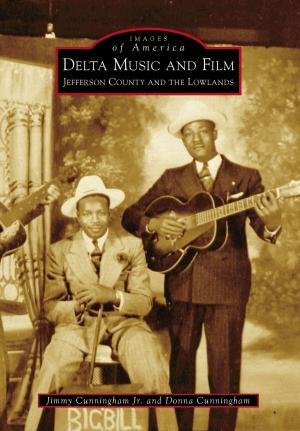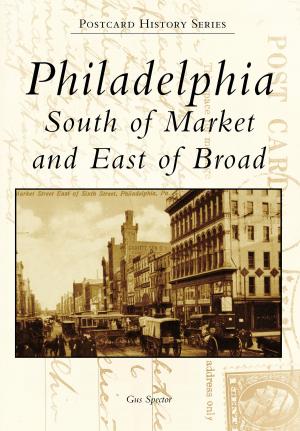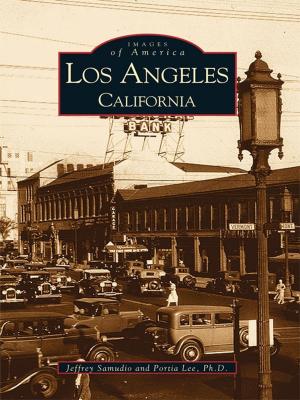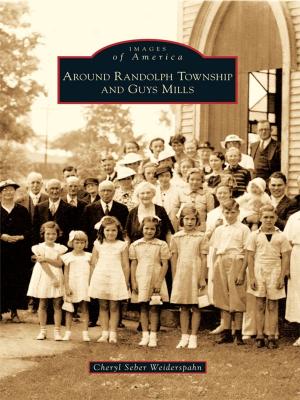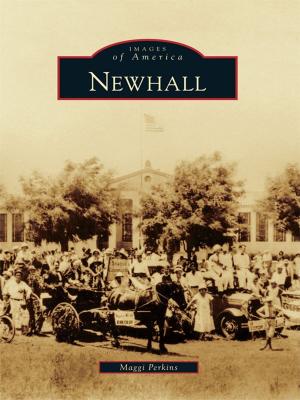| Author: | Wauwatosa Historical Society | ISBN: | 9781439631300 |
| Publisher: | Arcadia Publishing Inc. | Publication: | February 25, 2004 |
| Imprint: | Arcadia Publishing | Language: | English |
| Author: | Wauwatosa Historical Society |
| ISBN: | 9781439631300 |
| Publisher: | Arcadia Publishing Inc. |
| Publication: | February 25, 2004 |
| Imprint: | Arcadia Publishing |
| Language: | English |
First called Hart's Mills, after its founder Charles Hart who settled here in 1835, early Wauwatosa resembled a New England village, complete with a commons. Its first pioneers were Yankees and New Yorkers, later joined by Germans who would mold the growing community. Wauwatosa became the most highly developed, unincorporated settlement in Milwaukee County. It attained a degree of sophistication with its commercial mix of mills, a pickle factory, inns, modest businesses, and nearby stone quarries and breweries. Vital links to Milwaukee in 1851, the Watertown Plank Road and the state's first railroad through the village center to Waukesha, enhanced this development. In 1852, the County Board selected a site nearby for its poor farm. Wauwatosa incorporated as a village in 1892, attaining city status in 1897. The streetcar of the 1890s and the automobile fueled residential growth. Wauwatosa became known as the "City of Homes." In the 1950s, Wauwatosa tripled in size with final annexations and was transformed into a major center of commercial and industrial development, while retaining large public green spaces, parkways, and recreational sites.
First called Hart's Mills, after its founder Charles Hart who settled here in 1835, early Wauwatosa resembled a New England village, complete with a commons. Its first pioneers were Yankees and New Yorkers, later joined by Germans who would mold the growing community. Wauwatosa became the most highly developed, unincorporated settlement in Milwaukee County. It attained a degree of sophistication with its commercial mix of mills, a pickle factory, inns, modest businesses, and nearby stone quarries and breweries. Vital links to Milwaukee in 1851, the Watertown Plank Road and the state's first railroad through the village center to Waukesha, enhanced this development. In 1852, the County Board selected a site nearby for its poor farm. Wauwatosa incorporated as a village in 1892, attaining city status in 1897. The streetcar of the 1890s and the automobile fueled residential growth. Wauwatosa became known as the "City of Homes." In the 1950s, Wauwatosa tripled in size with final annexations and was transformed into a major center of commercial and industrial development, while retaining large public green spaces, parkways, and recreational sites.

